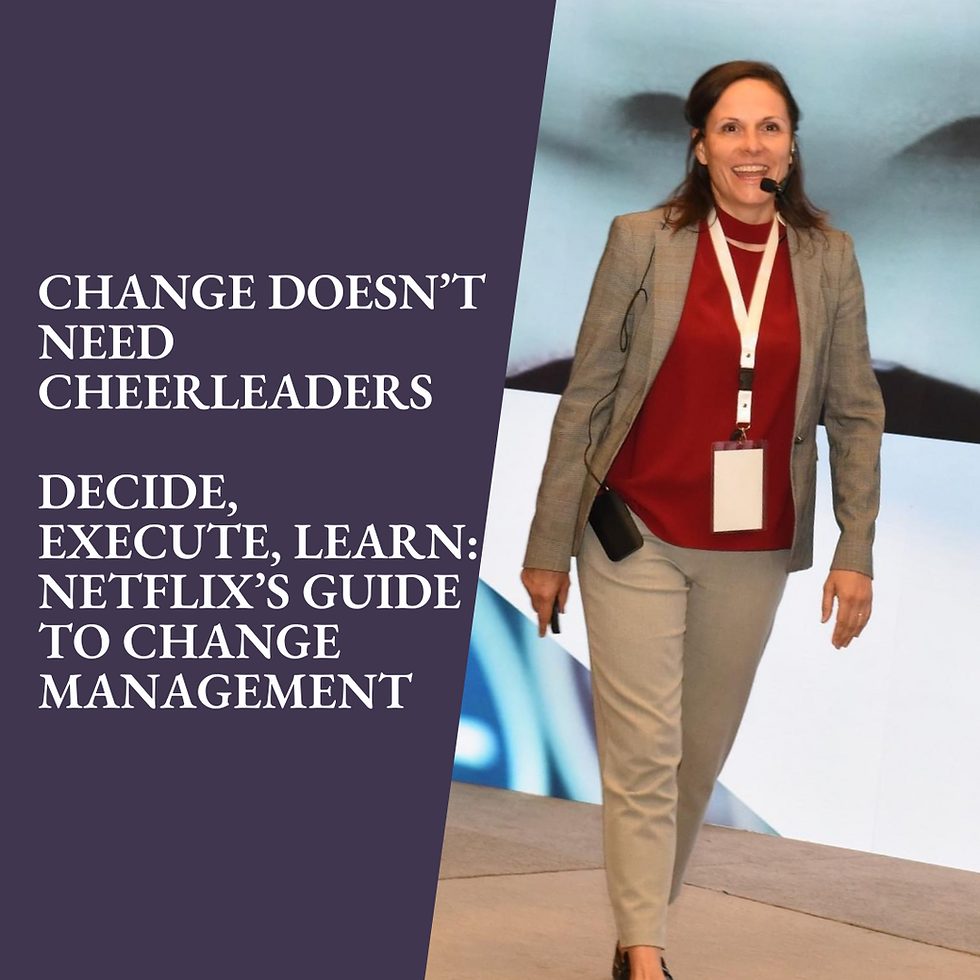L&D Forgets a Basic Principle
- Szilvia Olah

- May 14, 2023
- 2 min read
We know that corporate L&D is failing big time for many reasons I have already written about.
One of them is a principle we all forget about
Learning happens when the learner wants to learn, not when the teacher wants to teach.
But we know that, right? We use this basic principle in counselling and psychotherapy within Psychology. But there we phrase it like this
You cannot help those who don't want to be helped.
To address this, we follow the instructional design and adult learning principles to create interest in learning, yet, every time I was dragged into training, the program failed me.
Why?
It was teaching me the skill or knowledge I already had, was no longer relevant, or I could have just acquired it through an email or a video. Just like the meme says, "A meeting that could have been an email." Apply this to training because many training programs could have been just short videos.
I saw no relevance to my job.
The trainer and the program were low quality. I learn from professors and academics, so a corporate guru will not teach me anything that will tickle my brain cells. This is also something L&D doesn't consider, and I will write about it in the future. The differences in intellectual capacity within any organisation.
I was sent for training after my shift or within working hours, but my daily tasks still had to be done, so I ended up doing unpaid overtime just because the company decided to train me on something absolutely useless. I know managers who send their staff for training after a night shift.
As you can see, the underlying problem has always been; when I wanted to learn (as in, was I ready and willing, considering everything and my past experiences with L&D), followed by what and the how.
Unfortunately, L&D ruined it for me, and I got to the point I was no longer ready to receive anything they had to offer. I went and developed myself outside of my organisation.
Do you consider this basic principle when planning your L&D activities?

.png)



Comments